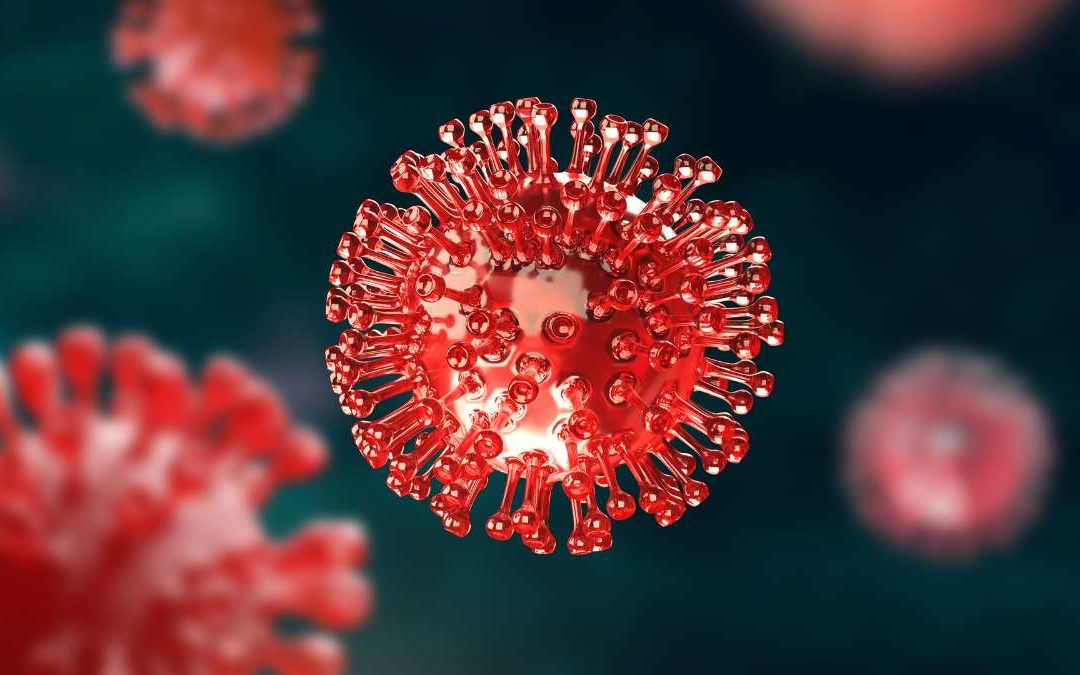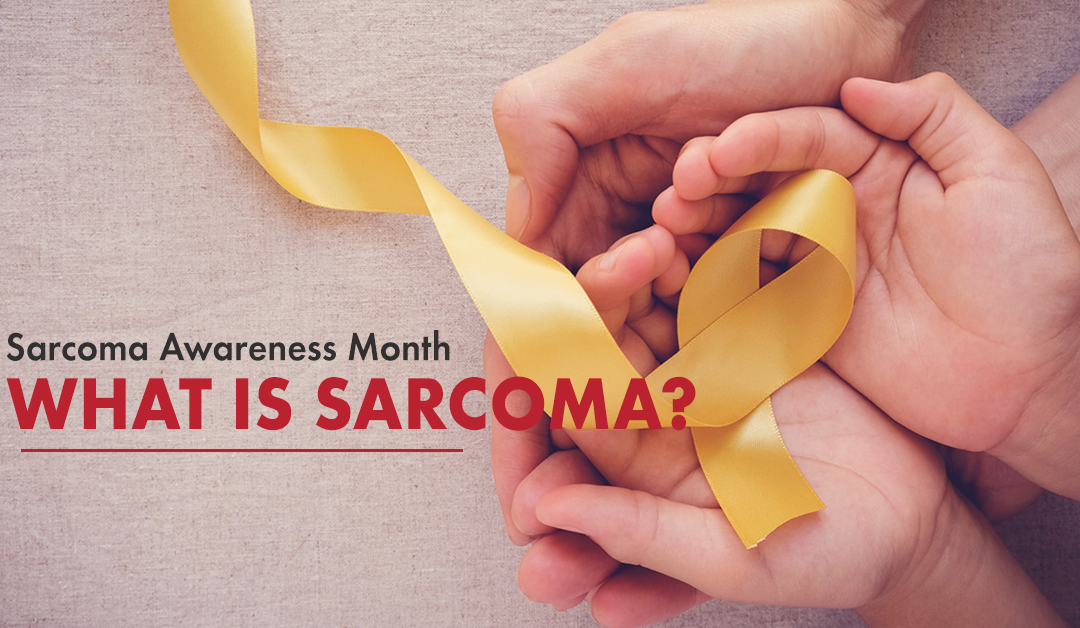Nasal polyps are fleshy swellings that form in the nose and paranasal sinuses, which are filled with air and connected to the nasal cavity. These are not malignant growths.
What are causes of nasal polyps?
The specific causes of nasal polyps are unknown. Although a large percentage of cases are linked with non-allergic asthma, in some cases, no respiratory or allergic trigger is discovered.
Nasal polyps are most commonly found at the sinus openings (in the nasal passage), however they can form anywhere else in the nasal passages or sinuses.
What are the symptoms of nasal polyps?
Nasal polyps have been related to irritation and swelling, commonly known as inflammation, of the nose and sinuses for more than 12 weeks. This is referred to as chronic sinusitis. However, it is possible to have chronic sinusitis without getting nasal polyps.
People who have small nasal polyps might not know they have them. But having more than one polyp or having a large polyp can block the nose.
Common symptoms of chronic sinusitis with nasal polyps include:
- Runny, stuffy nose.
- Mucus running down the throat, also known as postnasal drip.
- Not being able to smell.
- Not being able to taste.
- Facial pain or headache.
- Pain in the teeth.
- A sense of pressure over the forehead and face.
- Snoring.
Risk factors:
- Asthma.
- Aspirin sensitivity.
- Cystic fibrosis.
- Dental infections.
- Lack of vitamin D.
Having a family history of nasal polyps also might increase the risk.
Prevention
- Manage allergies and asthma
- Avoid things that can irritate the nose
- Wash your hands often and well
- Use a machine that adds moisture to the air, known as a humidifier
- Use a nasal rinse
See a health care provider for symptoms that last more than 10 days. Symptoms of chronic sinusitis and nasal polyps are like those of many other illnesses, including the common cold.



